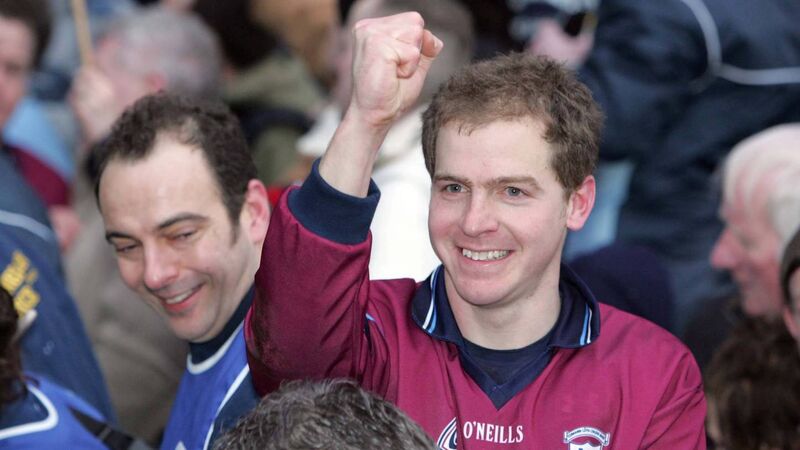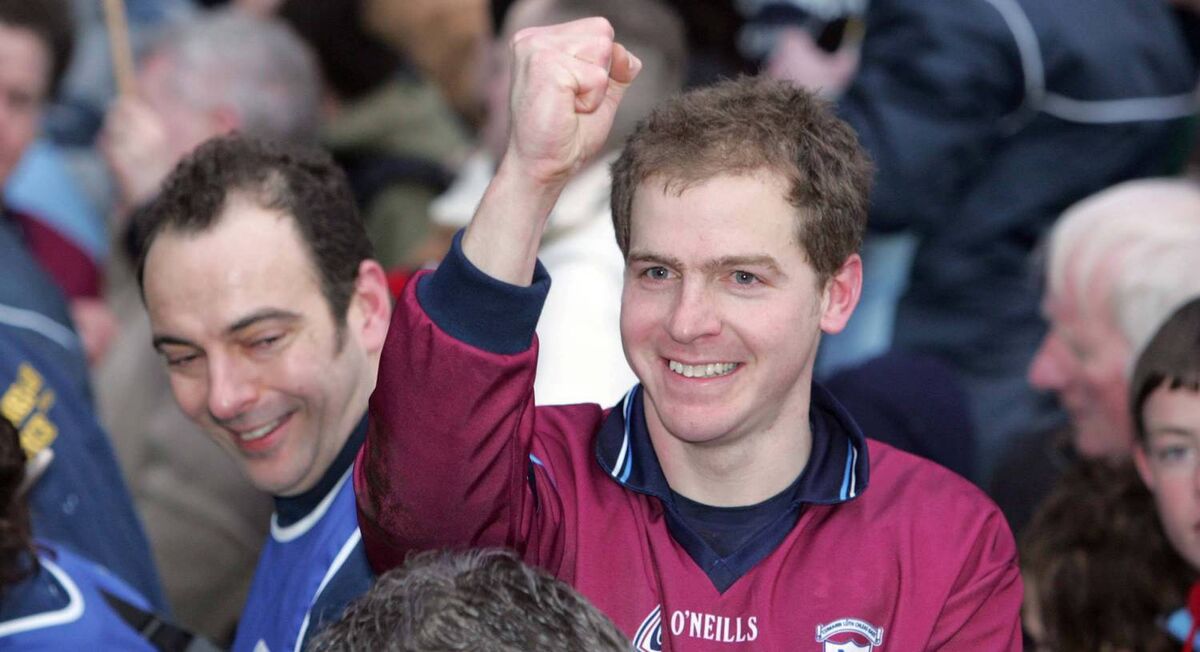Colin Sheridan: Donnellan had a competitive fortitude uncommon in most men


Some artists speak to us through their successes: Their All-Stars, their nine-darters, their underwear lines.
Try from €1.50 / week
SUBSCRIBE
Some artists speak to us through their successes: Their All-Stars, their nine-darters, their underwear lines.
Already a subscriber? Sign in
You have reached your article limit.
Annual €130 €80
Best value
Monthly €12€6 / month
Introductory offers for new customers. Annual billed once for first year. Renews at €130. Monthly initial discount (first 3 months) billed monthly, then €12 a month. Ts&Cs apply.
Newsletter
Latest news from the world of sport, along with the best in opinion from our outstanding team of sports writers. and reporters
Newsletter
Latest news from the world of sport, along with the best in opinion from our outstanding team of sports writers. and reporters
Sunday, February 8, 2026 - 7:00 AM
Sunday, February 8, 2026 - 7:00 AM
Saturday, February 7, 2026 - 11:00 PM
© Examiner Echo Group Limited